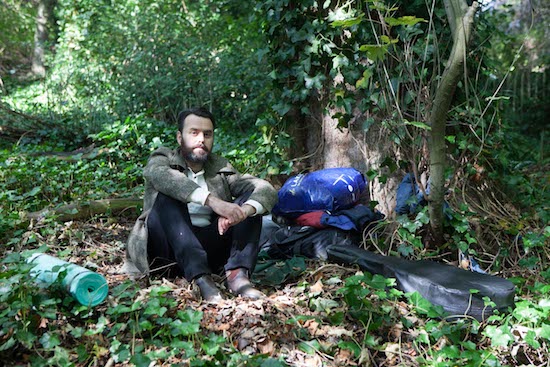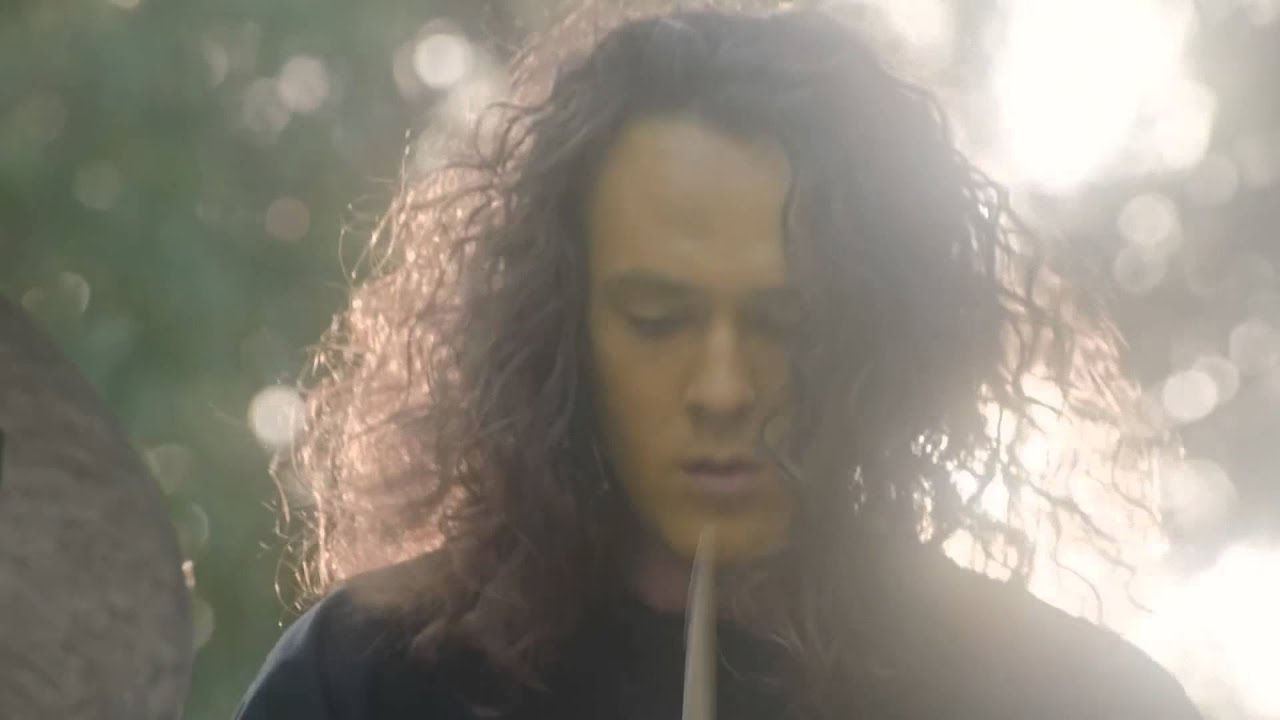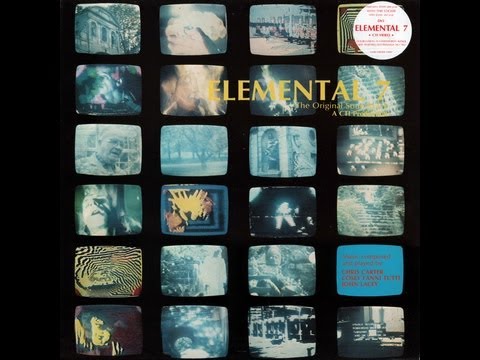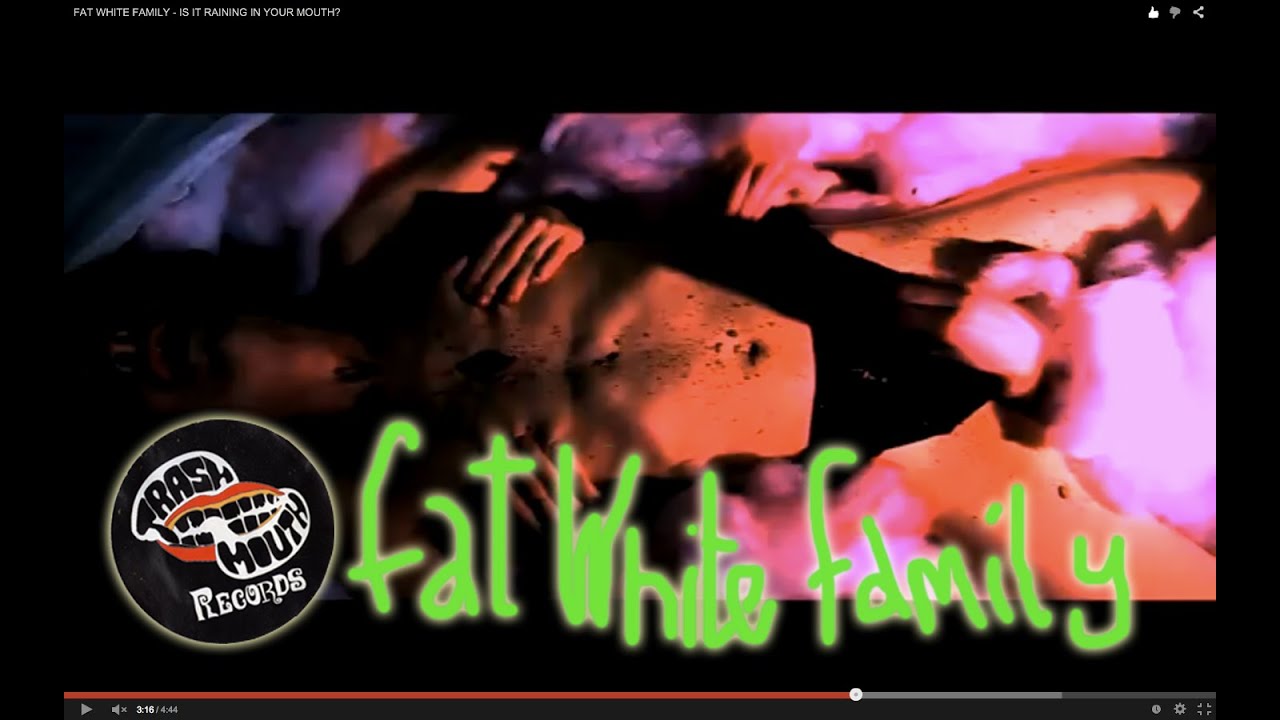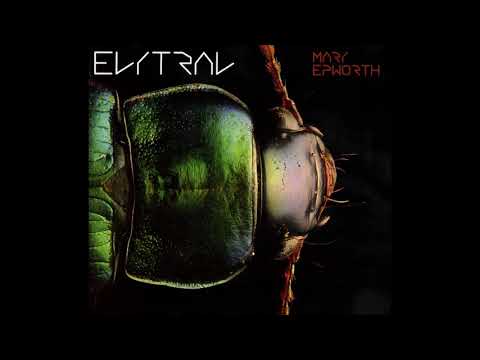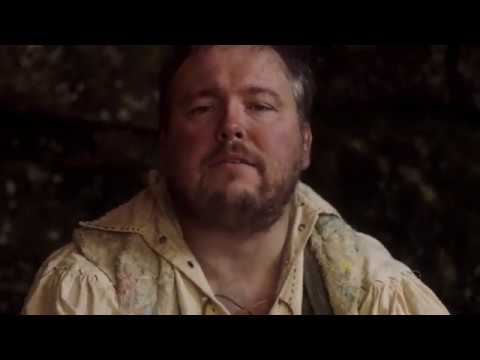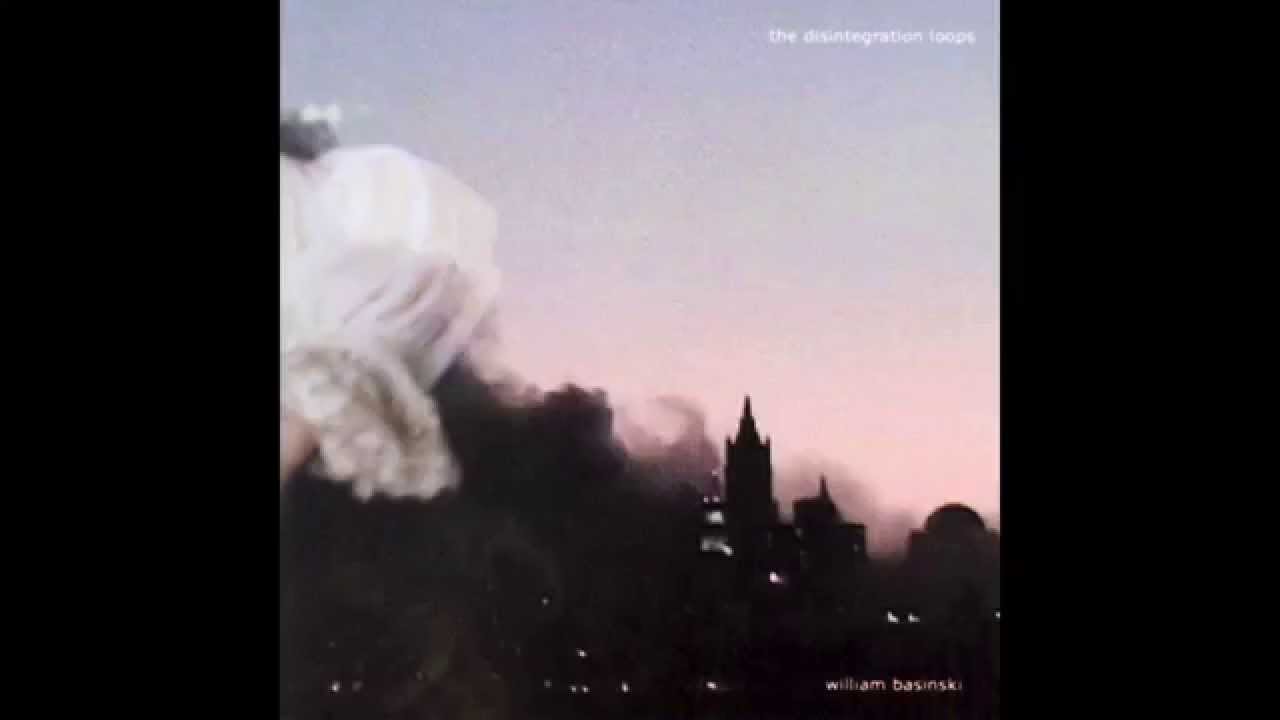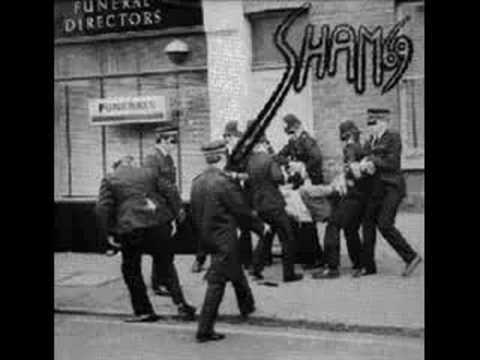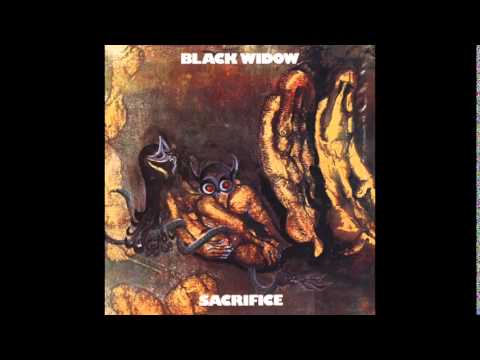My new book Under The Rock is a non-fictional excursion deep into the topography, mythology, poetry and people of a place – specifically the Upper Calder Valley in West Yorkshire. It’s about floods, nettles, anxiety, asbestosis, ruined farms, jawbones and skulls, ancient rocks, bluebells, swimming, wandering, looking. Daniel Defoe makes an appearance, as does Peter Sutcliffe, Sylvia Plath, Richard Brautigan, Barbara Hepworth, Gerard Winstanley and Daniel Craig.
I hope it is an alternative to some works within in the recent nature/place writing renaissance that have a tendency to romanticise the bucolic. In Under The Rock I consider the rural reality: drug problems, depression, industrial accidents alongside all that brings joy: fleeting glimpses of badgers, massages from waterfalls, bounding deer and the deadpan humour of Pennine pensioners.
If the book is about music then it is the music of rain on rock and the whistle of the wind; the wail of distant sirens, the screams of rutting foxes. But the part that music plays in my life is huge, so here follows a soundtrack to the book – not so much music I listened to while writing it, but pieces which somehow provide an extra dimension to its contents or offer a broader context in its creation.
Gaggle – ‘Crows’
Though I live at the foot of a great wooded crag called Scout Rock, I also live in a place that is only semi-rural, a post-industrial working town. Along the road is a factory, in whose walls live a murder of tenacious crows. When I am feeling particularly exhausted or anxious, I like to stand completely still and watch them come and go through a small aperture in the factory wall. They’re hooligans, really. Bullies. The role that crows play in our culture and mythology is huge and Gaggle’s choir of voices seems to encapsulate the brooding presence and dark dramas of the misunderstood and often maligned corvid.
King Gizzard & the Lizard Wizard – ‘Gamma Knife’ / ‘People–Vultures’
Psychedelia for me is best evoked by a combination of the elements and landscape, and our individual response to it. I’ve experienced quite strong reactions from, for example, sunlight refracting through branches in a still wood, or while standing alone on Hadrian’s Wall during a violent December snowstorm. They are experiences more easily obtainable and controllable than anything involving narcotics, which I’d say are the preserve of the young, but no less gratifying.
King Gizzard & The Lizard Wizard are the band who best encapsulate contemporary, future-facing psychedelia for me. While writing Under The Rock I interviewed them several times for my day job and their work ethic and dedication to a shared vision was very inspiring. I suppose I tried to feed on their energy, in a way. They are an ideas band whose prolific output needs to be considered as a broader whole, across which various motifs and sounds recur or are reprised across several records. They have released albums that are circular and therefore begin and end at the same point, and can be played on a loop into infinity, and on Flying Microtonal Banana they built their own instruments in order to explore new scales away from those most commonly used in western standardised rock western. Their songs just seem to go on for days – way past conventional formats and deep into the realm of the wilfully absurd. There’s an unspoken playfulness there, I suppose, that acknowledges the fact that rock music is inherently juvenile but not without meaning.
When I saw them live earlier in 2018 they blew my nips clean off and right into the canal a hundred yards away.
Chris & Cosey – ‘Dancing Ghosts’
The birth of acid house. Ten minutes of post-industrial danceable oddness. The video for this was filmed in a disused mill along the road from me in Todmorden, and I write about it in Under The Rock. Many of these dilapidated cathedrals still litter the valley, and I have explored several of them. They are eerie places, where the echoes of industry seem to be trapped between the dank stone walls. Chris and Cosey seemed to feel this, as the latter writes in her memoir Art Sex Music: “When we finished, the atmosphere had changed. It felt as if our actions had disturbed the equilibrium of whatever energies were present – that we were not welcome. Beyond the lights was a blanket of blackness that none of us wanted to look into it.”
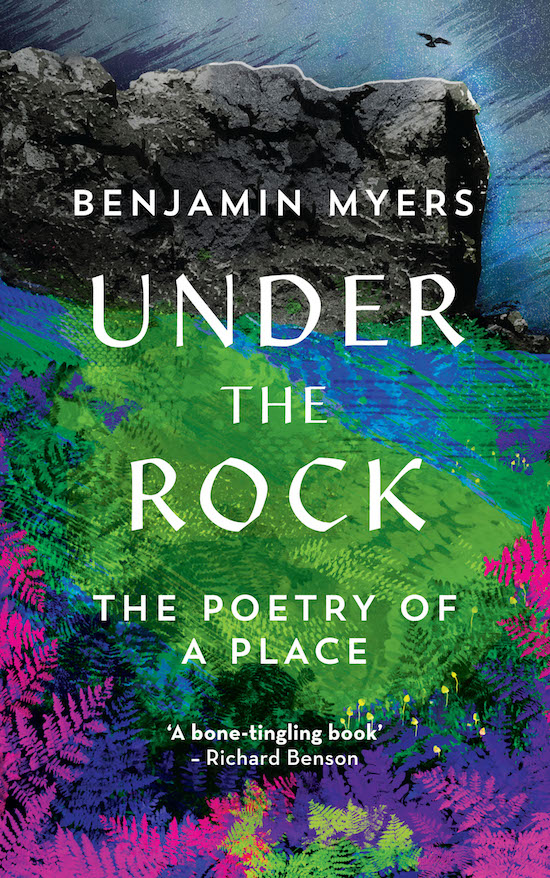
Fat White Family – ‘Is It Raining In Your Mouth’
I like Fat White Family a lot, possibly because many music purists of an alternative bent appear to hate them. Several people have said to me “they’re just hipsters”, but I used to see guitarist Saul around Peckham when he was a 14 year old Rancid fan who even then looked like had scurvy – but style too. He carried himself like a true outsider artist, and I wanted to go and tell him he should form a band (apparently he also once broke into my back garden).
In 2015 they came and played Hebden Bridge during heavy flooding. Though trains were cancelled and roads blocked, and only half the sold-out crowd have made it, what the audience lacked in density they made up for in intoxicated, northern European, winter-solstice, Viking-like behaviour. As they launched into ‘Is It Raining In Your Mouth?’ garments and inhibitions were discarded, and singer Lias was wearing pâté on his face, a loaf of bread as a bracelet, his concave chest scrawled with lipstick. The music felt like an end-times wintered ritual; heavy and apocalyptic, but hedonistic and celebratory too, as if band and crowd were locked in a collective attempt to turn back the flood waters. A pagan spell. A fight broke out and the band played on, as outside the rain fell harder and heavier across the angry Pennine plains.
Mary Epworth – ‘Last Night’
Mary Epworth makes 21st century folk music. She’s out there, drawing inspiration from her immediate surroundings and turning it into something special that defies categorisation, even though I’ve just attempted to do exactly that in the previous sentence. I think this song perfectly combines the electronic realm with the natural world, and the massive synth tsunami that crashes half way through never fails to scare, thrill and excite me. It makes me think of dandelion weeds pushing through the concrete cracks of an underpass, a dark form floating face down in the village pond, skeletons under the patio. Life and death wrestling.
Red Rat – ‘Wrigleys’
When Prince Naseem Hamed used to do his ring walk to ‘Shelly Anne’ by Red Rat it was always more exciting than any gig I had been to. For a while in the 1990s I think he was actually Britain’s best pop star; far more interesting than Liam and Damon. Dancehall and early jungle are the lifeforce – so raw and exciting. The only thing I miss about not living in London is being able to drive and around pick up the different pirate stations in order to hear music from all over the world; it’s not something we get the same close access to in rural Yorkshire. You can get it online, of course, but the act of moving through the city was, for me, always tied in with hearing jungle, and, later, early grime. The constant movement, yet the same frequency, was part of the experience of hearing music that at the time had not reached the north country where I grew up.
My current morning writing routine is a cold shower followed by 100 one-handed press-ups, 8 espressos and this played 4 times. Then I eat an apple.
Richard Dawson – ‘Ogre’
Though we’re from the same neck of the woods, I discovered Richard Dawson via this very site and have had the pleasure of meeting him and watching him play several times. He’s his own man – very intelligent, very funny in that semi-surrealist north-east style that I grew up amongst and recognise immediately, but also with the aura of someone from another age. Which age I am not entirely sure, but Richard has a special ‘otherness’ about him, and his music divines originality from dissonance.
Lyrically, a court jester, a wandering minstrel, a poet capable of knocking out lines like “Paralysed, I watch my child’s breath / Glide like a jellyfish across the black morning” or weaving mini-narratives such as “There comes frightful news from town / Of great evil abound / The heartbroken potter’s idiot boy was snatched from the speltfield / Scouring a fortnight in the hills / All they found, pointing from a sett, a small grey hand…” No songwriter currently comes close.
William Basinski – ‘Disintegration Loops’
It’s near-impossible to write with music playing in the background; when I worked at Kerrang! years ago the stereo would be playing Sepultura full-blast all day, which in certain moods could send me screaming onto Oxford Street, unable to string a coherent sentence together. My best friend Davey recently sent me this though – a beautifully executed piece of ambient music, of which I know very little other than that it is the sound of slow disintegration in the most moving and therapeutic way imaginable. I’m sure something technically interesting is happening here, but I’m more interested in the effect rather the process, and it is one of the few pieces I can write to. I’ve played it loud during snowstorms and on still hot summer days, and it is always fitting.
Sham 69 – ‘Borstal Breakout’ / Steve Hillage – ‘Salmon Song’
I’ve liked Sham 69 since I was a teenager; when I was fifteen my band supported an ailing version of them when they were huffing and puffing their way through Doors covers. They’re the punk band who get overlooked, but I hope one day to write a musical about them.
In the perfect symbiotic pairing of truth-telling youth music and hirsute prog pomposity, it’s a lesser known fact that Steve Hillage joined Sham 69 on guitar for ‘If The Kids Are United’ when they played the Reading Festival in 1978. It was a brilliant pop moment that almost certainly disgruntled the hardliners in both camps. There’s some very good footage of all these skinhead kids going berserk around this noodling mainstay of the Canterbury scene. It’s so idealistic and for a brief moment it looks like something genuinely revolutionary is happening, before Jimmy Pursey bursts into tears, overcome with the emotion of the moment. ‘Borstal Breakout’ is one of the great singles of all time, especially this twelve inch version, which has an improbable Rick Wakeman-like keyboard solo inserted into it half way through.
Hillage’s ‘Salmon Song’ is from 1975, a most-maligned year for music, but as with the best of Gong or Hawkwind it’s utterly transportive. It has a strong undercurrent. I’ve paired the two together because they are songs I keep coming back to, played during writing breaks, and I long ago reconciled my love of hirsute prog rock and bovver boy punk. I’m fine with it.
Jumble Hole Clough – ‘Homunculus at Staups Mill’
The Upper Calder Valley seems to attract a lot of creatives – people who have lead colourful lives then taken to the sodden hills to paint, make music or write in their little stone houses. It is not uncommon to discover that your postman was a founder member of Bogshed or the lady at the bakery performed with Leigh Bowery. Jumble Hole Clough is a fascinating wooded valley and also the nom de plume of Colin Robinson, a prolific musician who releases several albums per year, which incorporate ambient, post-punk, prog, funk and more often than not is inspired by the landscape that is on his (and my) doorsteps. His rich (and sometimes insane) back catalogue should be investigated as it’s the sound of this valley, but also the true sound of the avant-garde too. Random song title: ‘Escalator? Sue Him, Jerk’.
Black Widow – ‘Come To The Sabbat’
When I think of satanism and occult Britain of the late 1960s / 1970s, which I do probably more often than necessary, I think not of demonic-raising rituals and blood sacrifice, but of suburban gatherings one step removed from Tupperware parties, but with a better soundtrack and more flesh; Sheila and Brian from No. 7 selling their souls to the Goat of Mendes, that sort of thing. Black Widow came from the same Midlands scene as Black Sabbath and this is another song that always makes me laugh: “Discard your clothes and come on foot / Through streams and fields and moonlit moors / Your body soaked in secret oils / Perfumed herbs will heal your sores”. Where do I sign up? The entire second half is all chorus. Listen to it once and it’s impossible not sing along. I played it a lot while writing this book, mainly for light relief. Satanism is good like that.
Under The Rock by Benjamin Myers is out now on Elliott & Thompson

